Bully with a heart of gold: Trump interviewed by the WSJ board
Donald Trump oscillates between bullying and ingratiation as he tries to influence dictators, would-be immigrants – and newspaper editorialists.
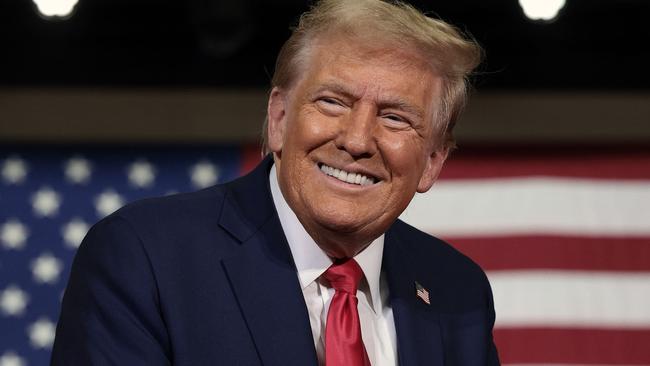
“What does The Wall Street Journal know?” Donald Trump sneered on Tuesday at the Economic Club of Chicago. “They’ve been wrong about everything.”
Two days later, the former president is at the Journal’s New York offices for a meeting with its editorial board. “Well,” he starts, “I’ve had some great support, have great respect for the board, for everybody having to do with The Wall Street Journal. Read it all the time. Don’t get treated well by the editorial board. But I will say on the weaponization of justice, I have been treated very well, and I appreciate it.”
If this sounds familiar, you probably read the previous Weekend Interview with Mr. Trump, written by my late, great colleague Joseph Rago in November 2015. Then as now, the candidate denounced the Journal publicly a few days before his visit, only to open the meeting by singing our praises. For more than 90 minutes he alternated between bullying bluster and ingratiation. This push-pull wasn’t intimidating at all, but it was curiously disarming. Mr Trump came across as a human being who craved approval, and that neediness made him — to me at least — more likeable than the bombastic celebrity we’d seen on television.
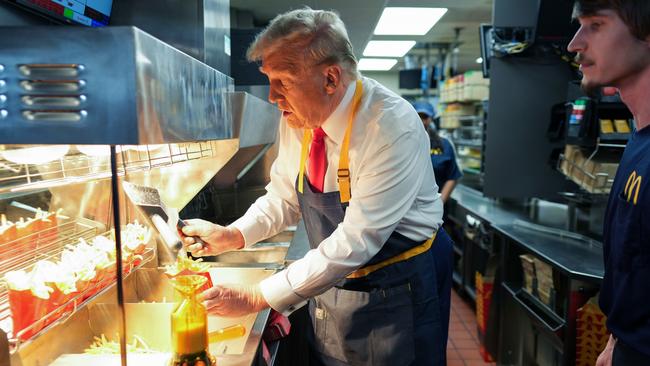
As in 2015, Thursday’s opening compliment launches a lengthy monologue (this one goes 26 minutes), which weaves through the New York attorney general’s civil case against him (currently under appeal), the functional and aesthetic design of the border wall, the migrant crisis in New York and elsewhere, energy, defence, Covid, inflation, crime and more.
He begins to wrap up: “So now we’re current and now we’re running, and one of the things I’m running has a lot to do with a very wonderful institution known as The Wall Street Journal,” he says. “I had to give you a little recap.” Then he cites a topic on which he thinks we’re wrong and alludes to 1 Corinthians 13:13: “Just to finish, I think that — I know you’re very anti-tariff, and I think it’s the most beautiful word in the dictionary. I think it’s more beautiful than any word I can think of, other than ‘faith’ or ‘love.’ ” Another three minutes and he’s ready to take questions.
Editorial page editor Paul Gigot poses an obligatory one: “Apart from tariffs — which we know you disagree with us on, and fair enough — what else” is the Journal wrong about?
Mr Trump is expecting that. He brought a list, from which he reads.
Topping it is our support for the North American Free Trade Agreement, “which was a horrible, horrible trade deal — horrible for us, very good for Mexico and Canada.” He says “China’s entry into the World Trade Organisation has been a killer” and that had the U.S. ratified the Trans-Pacific Partnership, “they would’ve eaten us alive, the Asian countries in TPP.” Another item: “ ‘Wall Street Journal supported the Iraq war.’ I was against it. I said, ‘Don’t do it.’ Now, I was a civilian, so nobody cared, but I seemed to get a lot of — I always got more publicity than anybody else. I didn’t necessarily want it, but I was opposed to the Iraq war.”
The last item reads “endorsed bill legalising illegal immigration.” By contrast, he says, “I want a lot of people to come in, but I want them to come in legally.”
“That’s our position, too,” Mr. Gigot says.
“So maybe we’re the same on that,” Mr. Trump allows. He says America needs immigrants “because we’re going to bring a lot of companies in through a combination of lower taxes where you build here and then we have to protect them with the tariffs. But illegal immigration, the way it’s happening now where people are coming in, their countries are pouring their worst prisoners and their worst criminals into our country, and it’s not sustainable.”
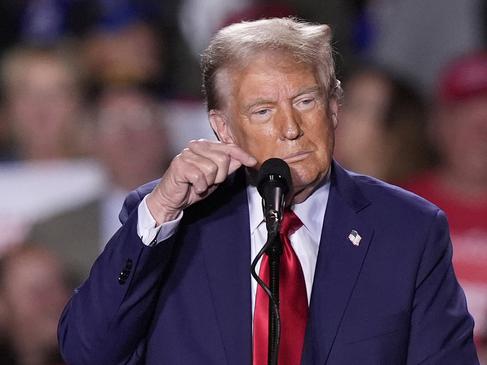
At this year’s Republican National Convention, Mr. Trump vowed to undertake “the largest deportation operation in the history of our country.”
Editorial board member Kyle Peterson asks how large — does Mr. Trump intend to deport aliens who are law-abiding except for their illegal presence in the country, even if they have American spouses and children? Maybe not, Mr. Trump says: “We have a lot of good people in this country, and we have to do something about it, and I’d like to see if we can do it.”
Pressed for specifics, he demurs: “Well, I don’t want to go too much into clarification, because the nicer I become, the more people that come over illegally.”
When he was president, “I said, ‘We’re going to separate your family.’ … It doesn’t sound nice, but when a family hears they’re going to be separated, you know what they do? They stay where they are, because we couldn’t handle it … But the interest from the heart, yeah, something’s going to be done … I mean, there’s some human questions that get in the way of being perfect, and we have to have the heart, too. OK?”
The implication is that the optimal immigration policy is a happy medium between restriction and openness. That’s certainly true and perhaps a truism. Mr Trump suggests that he, the bully with a heart of gold, is just the man to strike the balance. It reminds me of the way he tries to win over my colleagues and me by oscillating between harsh criticism and admiration.
Such an approach is also evident when he discusses his conduct of foreign affairs, which tends to centre on warm personal relationships with adversaries.
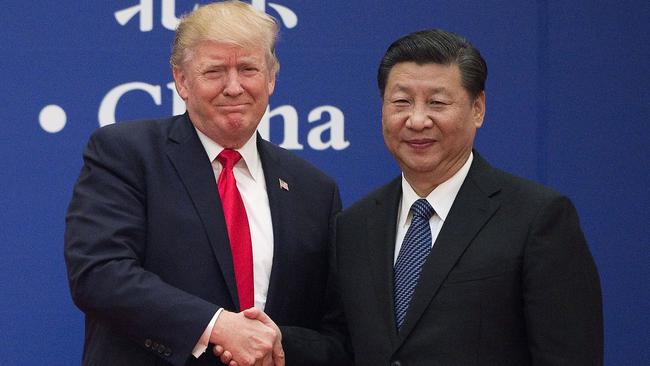
Mr Gigot asks how Mr. Trump would persuade Xi Jinping to stand down from a blockade of Taiwan.
“Oh, very easy,” the former president says. “I had a very strong relationship with him. He was actually a really good, I don’t want to say friend — I don’t want to act foolish, ‘he was my friend’ — but I got along with him great. He stayed at Mar-a-Lago with me, so we got to know each other great. He’s a very fierce person.”
That visit coincided with the April 2017 U.S. bombing of Syria, where China reportedly had a military presence. Mr Trump says he decided to tell Mr. Xi about the bombing over dessert: “I said, ‘President, we’ve just shot 58 missiles into Syria to an airport that’s housing a lot of new planes. Your people are not at risk, but they’re on their way right now.’ He hears it and he goes, ‘Repeat.’ … I said, ‘You speak English, don’t you?’ ” Until then, the two men had communicated only with the aid of an interpreter.
“I repeated it, and he understood it. He sat like this, he’s a good poker player. First it looked like he was furious, right? I repeated it again. ‘Oh, OK.’ Then we got back to — he was pretty cool. But he’s a fierce guy.”
Mr Trump returns to Mr. Gigot’s question: “I would say: If you go into Taiwan, I’m sorry to do this, I’m going to tax you” — meaning impose tariffs— “at 150% to 200%.” He might even shut down trade altogether.
Mr Gigot: “Would you use military force against a blockade on Taiwan?”
Mr Trump: “I wouldn’t have to, because he respects me and he knows I’m f — crazy.”
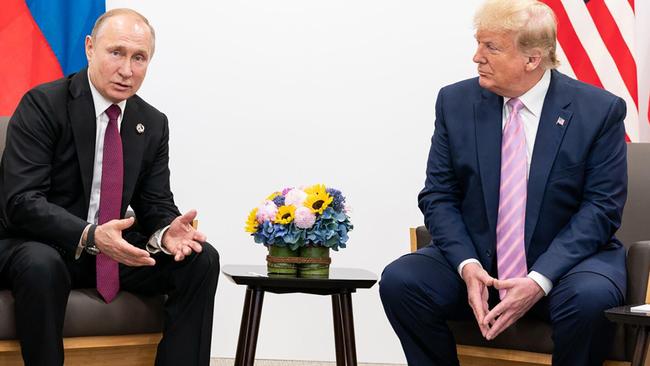
Vladimir Putin knows it too, in Mr. Trump’s telling: “I said to Putin, ‘Vladimir, we have a great relationship.’ I got along with him great. He’s a different kind of a character, I will tell you, much different than anybody under — I knew him very well. I said, ‘Vladimir, if you go after Ukraine, I am going to hit you so hard, you’re not even going to believe it. I’m going to hit you right in the middle of fricking Moscow.’ I said, ‘We’re friends. I don’t want to do it, but I have no choice.’ He goes, ‘No way.’ I said, ‘Way.’ I said, ‘You’re going to be hit so hard, and I’m going to take those f — domes right off your head.’ Because, you know, he lives under the domes.”
Lately Mr. Trump’s detractors have been speculating about his “mental decline.” There’s no sign of such slippage in our Thursday meeting. The 2024 Trump seems more confident and is certainly more knowledgeable about policy than he was in 2015. His discursive style of talking can confuse listeners, but that was equally true nine years ago, and he never appears lost in his thoughts the way President Biden repeatedly did in their June debate.
But Mr. Trump’s offhand remarks can cause alarm as well as mere confusion. In an interview televised Sunday, Fox News’s Maria Bartiromo asked him: “Are you expecting chaos on Election Day?” and noted that “Joe Biden said he doesn’t think it’s going to be a peaceful Election Day.”
Mr Trump’s response: “Well, he doesn’t have any idea what’s happening, in all fairness. He spends most of his day sleeping. I think the bigger problem is the enemy from within … We have some very bad people. We have some sick people, radical left lunatics. And I think they’re the — and it should be very easily handled by — if necessary, by National Guard or, if really necessary, by the military, because they can’t let that happen.”
Ms. Bartiromo moved on to another topic, but Mr. Trump’s detractors pounced. Some of the headlines: “Harris and Democrats Lose Their Reluctance to Call Trump a Fascist,” “Trump Is Speaking Like Hitler, Stalin, and Mussolini,” “Even Team Trump Is Panicking Over His Fascist Military Threat.”
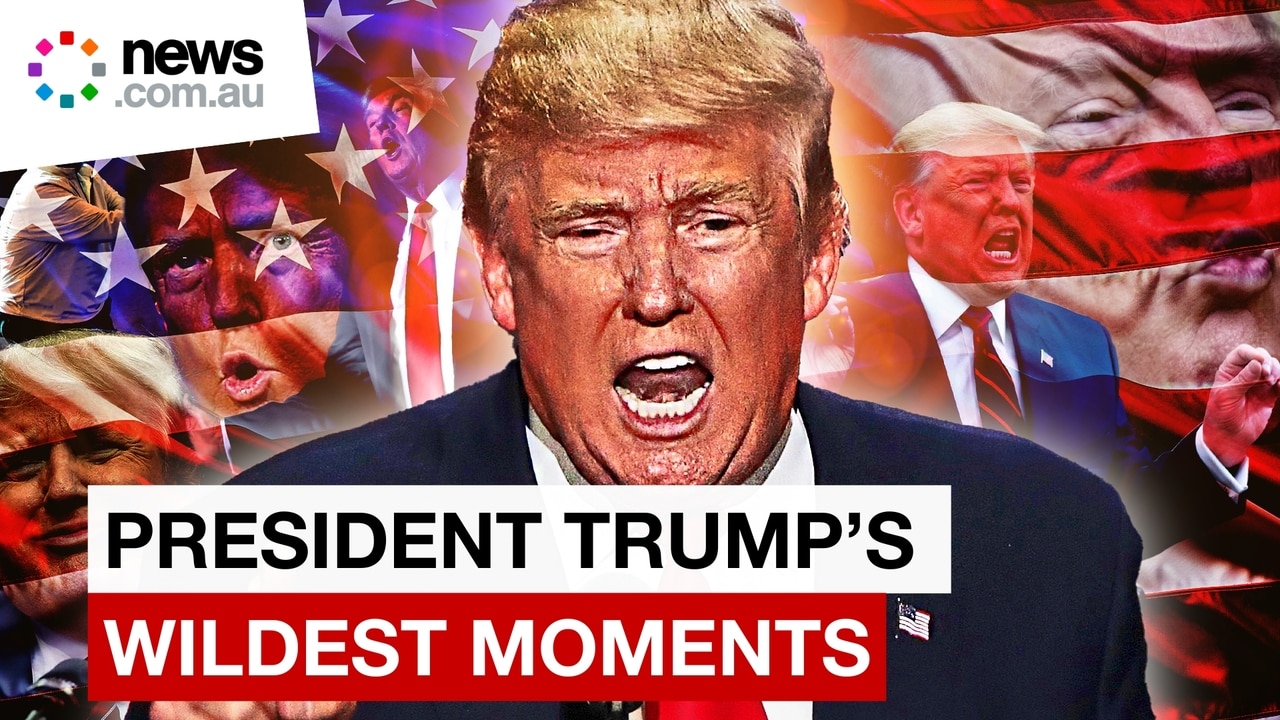
Columnist Peggy Noonan, a longtime and sometimes severe critic of Mr. Trump, asks him to clarify: “If you were to reach the presidency again, would you of course rule out using the military to move against your enemies? That is, yours would not be a fascist-style government that would use its agencies, entities or military to move against your political foes because they have opposed you — is that correct?”
“Yeah,” Mr. Trump says, “but I never said I would … First of all, Biden, who doesn’t know he is alive — Biden said that he expects there to be a lot of trouble if I win the election. That’s a very bad statement for him to make. He said that. That’s where this came from.” Mr Trump digresses into his poll numbers and has to be brought back on topic.
Ms. Noonan: “But you would never do that?”
Mr Trump: “Of course I wouldn’t. But now, if you’re talking about you’re going to have riots on the street, you would certainly bring the National Guard in. As an example, in Minneapolis while I was there” — meaning while he was in office— “they had riots, literal riots. That whole city was burning down. And Minnesota, the governor was supposed to — our favourite governor — the governor was supposed to do it. He wouldn’t do it. He wouldn’t do it. And I said, ‘You got to get the National Guard.’ …
“And when you looked over the shoulder of that poor guy from CNN, that poor, stupid reporter who was standing there saying, ‘This seems to be a peaceful demonstration,’ then he gets hit on the leg with a rock, and behind him the whole city was burning. It looked like World War II in Berlin, and he’s trying to say that it’s peaceful. So I insisted that the National Guard — if I didn’t do that, I don’t think you would’ve had a city left. So I’m only talking about in cases like that where you need help. You can’t say, ‘I’ll never bring in everything,’ as the entire country is disappearing in bedlam. But certainly not against my opponents — it’s against civil unrest.”
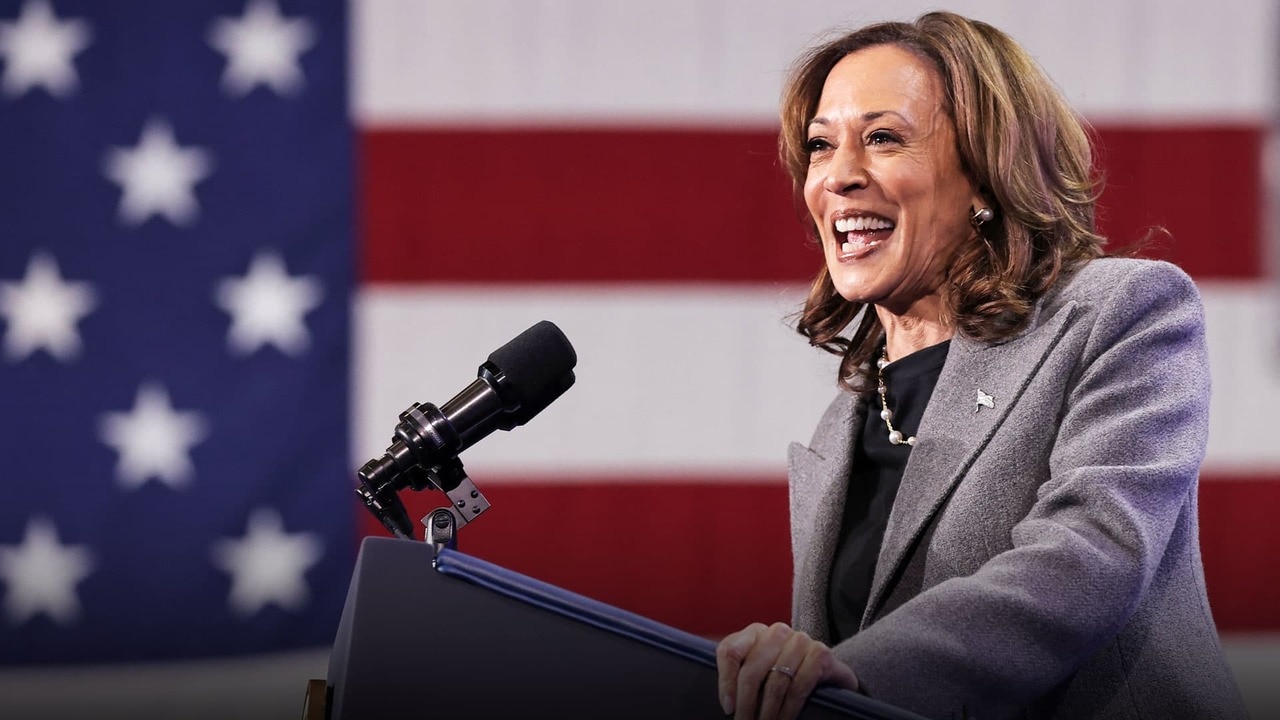
One item that wasn’t on Mr. Trump’s list of things we got wrong is the Tax Cuts and Jobs Act of 2017, most provisions of which expire at the end of 2025. “You were very supportive,” he acknowledges. But how supportive is he? Recently he has proposed exempting all manner of income from taxes — tips, overtime, Social Security benefits.
“You probably recall the famous phrase from the ’70s, ‘Gucci Gulch,’ ” columnist Daniel Henninger says in framing the question. Doesn’t Mr. Trump worry he’ll set off a bidding war among tax lawyers and lobbyists and kill the chance at broad-based reform?
“I think it’s going to be a net neutral,” he replies. “You’ll have more overtime worked, and you’ll have more product, and you’ll have more jobs, etc, etc. I don’t think it’s going to be very expensive.” Many tips go unreported, he adds, so “you can’t really collect the money.”
He adds he’s “open” to undoing the provision capping at $10,000 the federal income-tax deduction for state and local taxes. Then he says, “I would like to have not the cap. I would like to have it the way it was.” That draws some assent among the overtaxed New Yorkers on the editorial board — even here, some politics is local — but Mr. Gigot speaks for the institution when he says, “We believe in the policy that’s best for the country.”
A subject Mr. Trump doesn’t discuss much is Kamala Harris. He mentions her name only once, at the very end of the meeting: “Kamala — she wasn’t a good student. She didn’t pass her law exam. Other than that, she’s excellent. I know a lot of people didn’t pass it, but it’s not what we need for our president.” Then, to Mr. Gigot: “Do you endorse, by the way?” (We haven’t endorsed anyone for president since 1928.)
By contrast, in Ms. Harris’s 27-minute interview with Fox’s Bret Baier on Wednesday, she mentioned Mr. Trump by name 23 times. The two nominees have one thing in common: an intense interest in Donald Trump.
The Wall St Journal


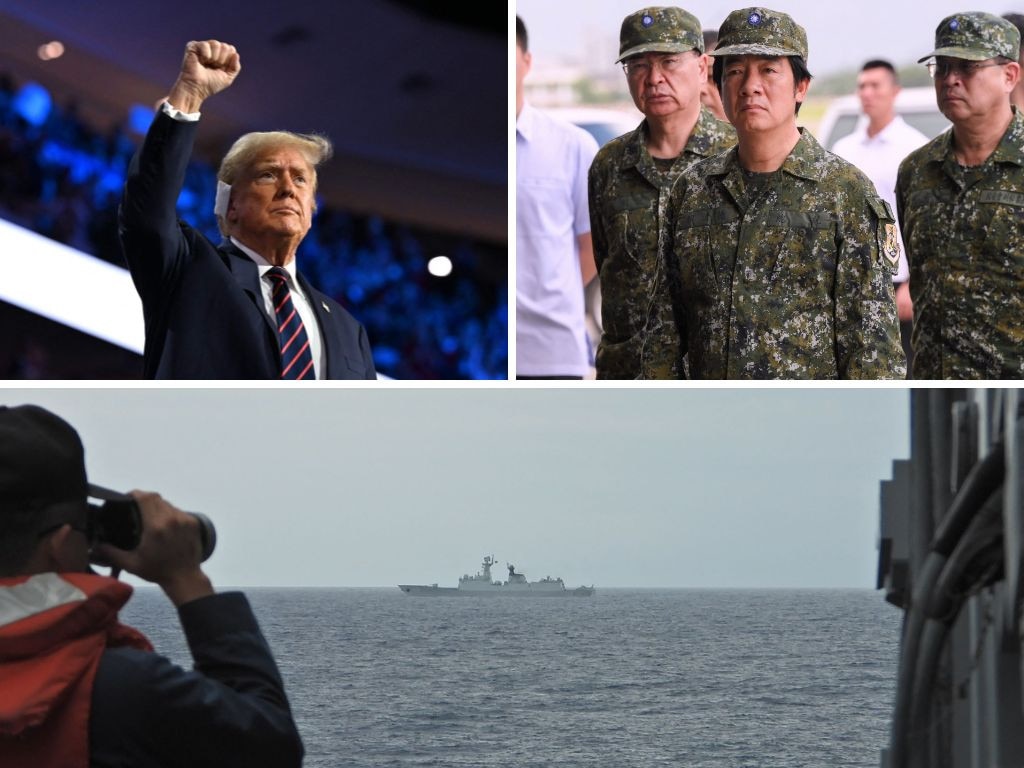
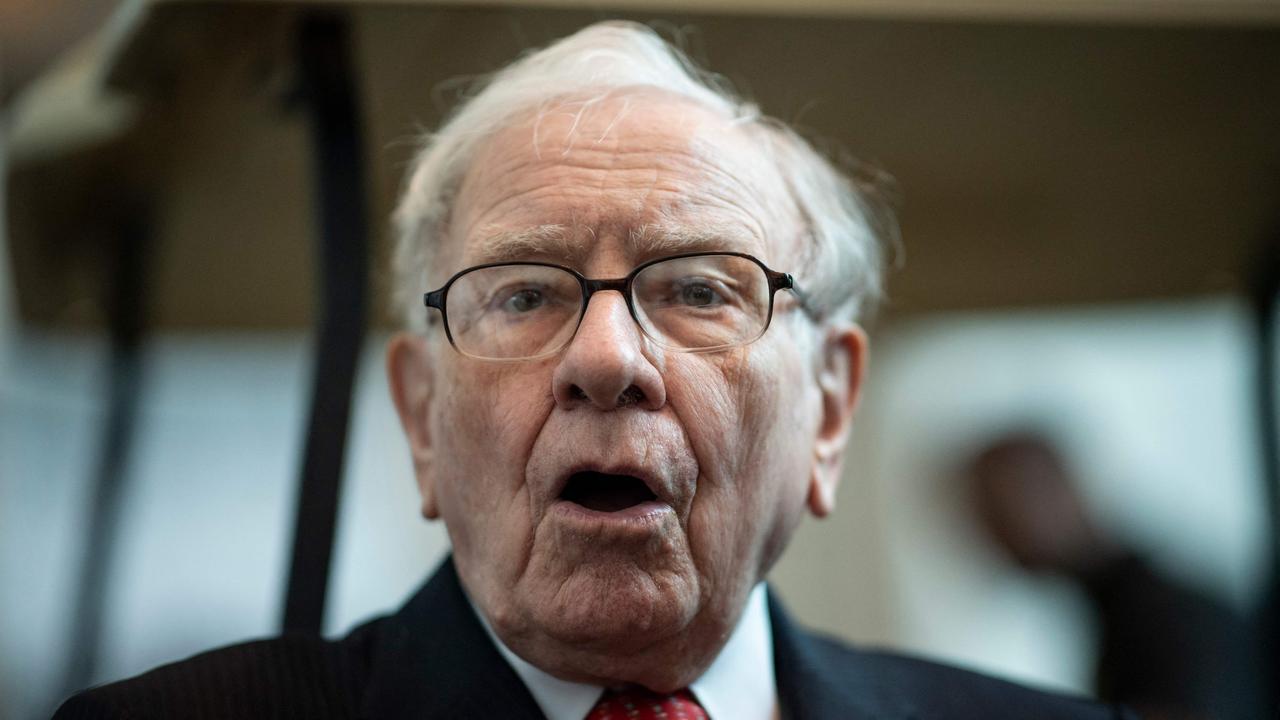
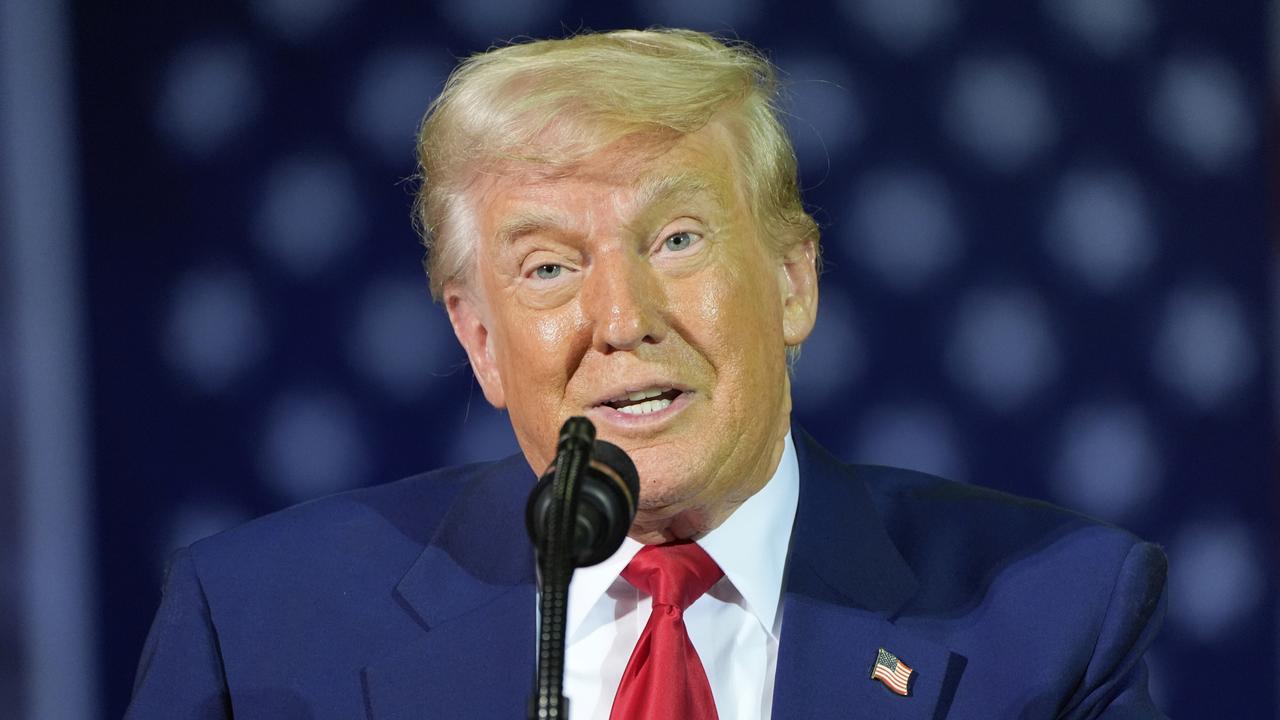
To join the conversation, please log in. Don't have an account? Register
Join the conversation, you are commenting as Logout